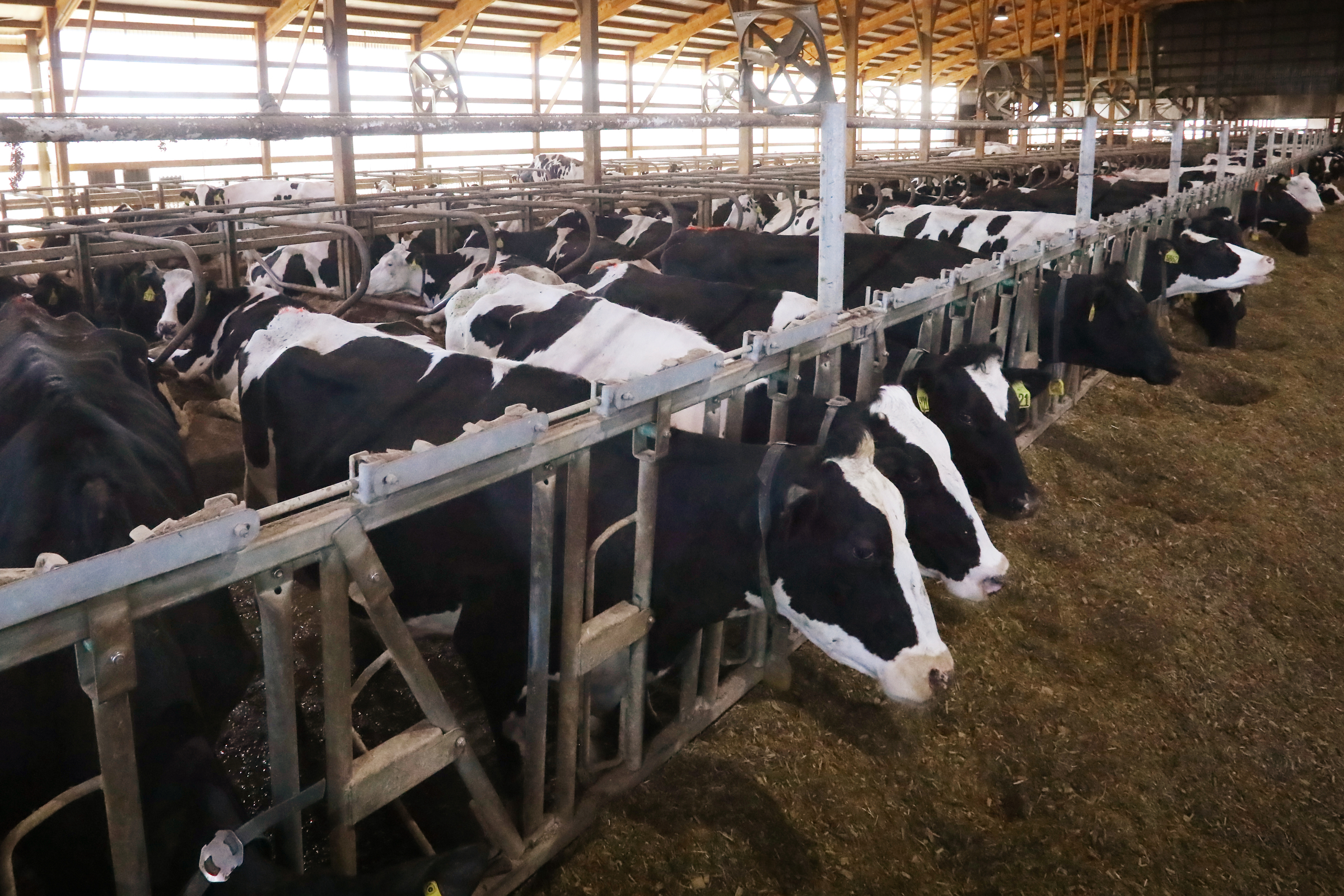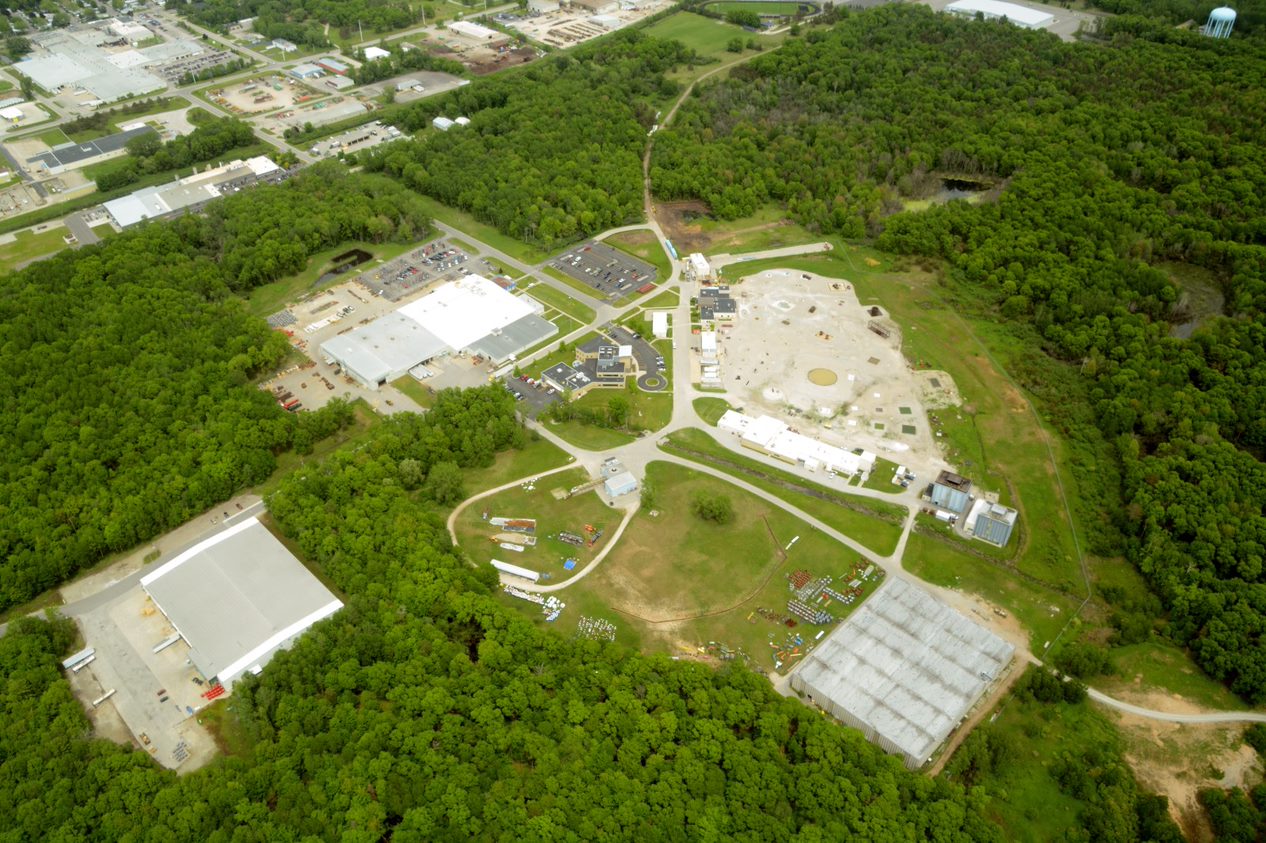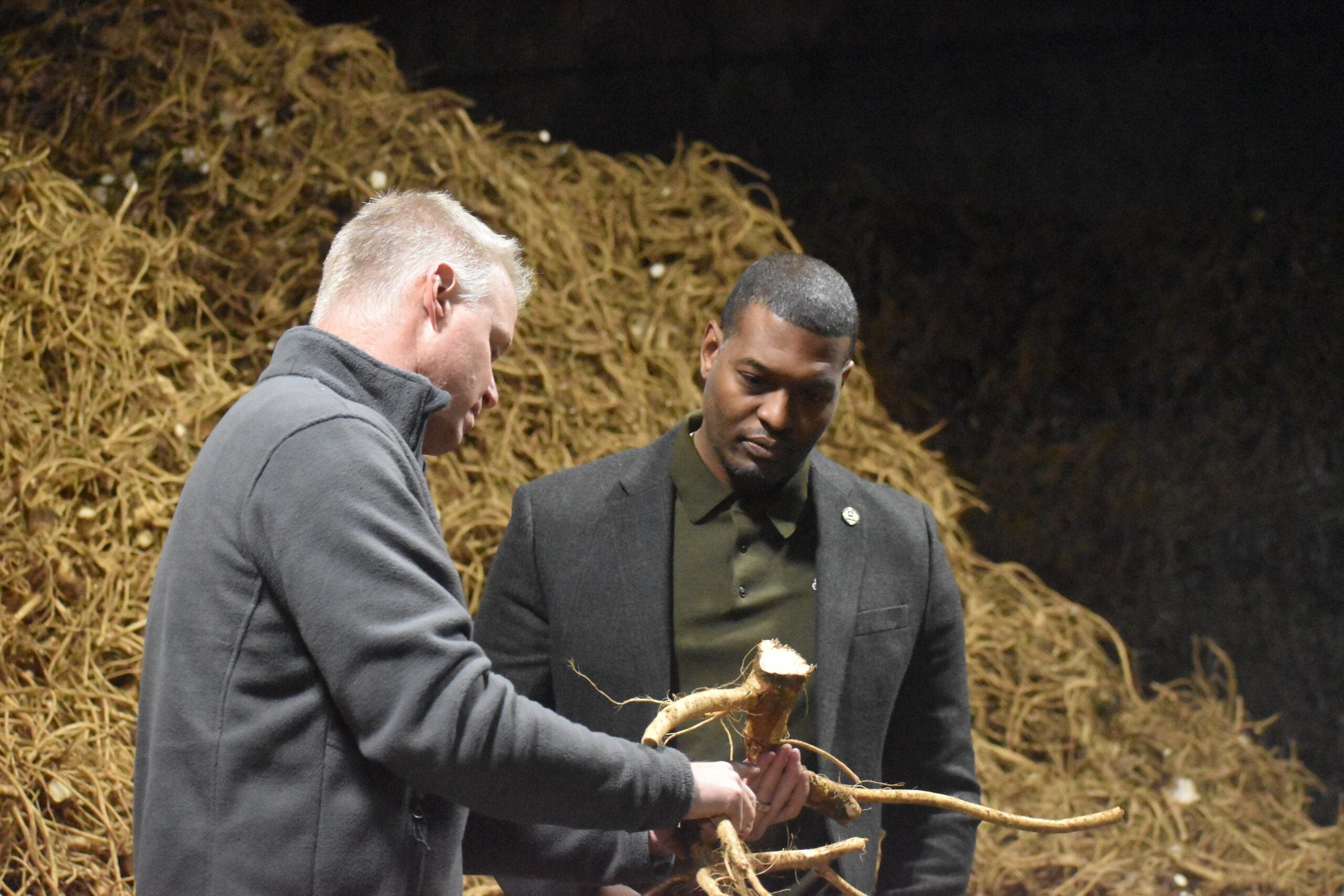State lawmakers will consider a $215,000 settlement offer from Kinnard Farms Tuesday, the agreement tied to allegations the business violated regulations while spreading manure in Kewaunee and Door Counties. If approved, it would mark a total of nearly $600,000 in settlements between the Wisconsin Department of Justice and large farms this year.
Kinnard Farms owns around 8,000 cows in northeastern Wisconsin. The operation has been the source of controversy for years as residents in Kewaunee County have struggled with drinking water contamination of private wells from agriculture.
On Tuesday, the Legislature’s Joint Finance Committee will decide whether to approve the $215,000 agreement between the Wisconsin Department of Justice and Kinnard Farms. The payment would settle allegations that the company spread manure too close to private wells, failed to complete an engineering study of two waste storage facilities and failed to submit manure management plans in a timely manner. The agreement stipulates Kinnard Farms must upgrade two of its manure storage facilities.
News with a little more humanity
WPR’s “Wisconsin Today” newsletter keeps you connected to the state you love without feeling overwhelmed. No paywall. No agenda. No corporate filter.
In April 2022, Kinnard Farms sued the Wisconsin Department of Natural Resources for blocking it from expanding. That lawsuit came months after the Wisconsin Supreme Court ruled the DNR has authority to place permit restrictions on large livestock operations known as concentrated animal feeding operations, or CAFOs.
In a statement emailed to WPR Friday, farm owner Lee Kinnard said the family is committed to working with regulatory agencies “as we continue our use of science-based practices to produce nutritious food while also being highly protective of our precious water and soil resources, our cows and our community.”
“For the sake of our family, our fifth-generation dairy and crop farming business, and our relationship with the DNR, we decided it is time to move forward with a settlement, avoiding a lengthy and costly dispute,” Kinnard said.
The committee will also consider a $35,000 settlement agreement between the owners of Schiferl Farms in Wood County and the DOJ for allegedly operating an industrial farm without a state wastewater discharge permit.
The Kinnard settlement is large, but in late February another industrial dairy in the region agreed to pay $320,000 for 19 violations of Wisconsin wastewater laws in a settlement with the DOJ. Among the violations, the complaint alleges the farm doubled in size without applying for a new wastewater discharge permit.
All told, the settlements offered by farms this year total $570,000.
Scott Laeser is the water program director for environmental advocacy group Clean Wisconsin. He said many farmers take a lot of steps to address water quality issues in concert with the DNR and local communities. But sometimes, he said, regulators need to step in.
“We are pleased to see the Department of Justice taking steps in certain circumstances to hold farms to account when there are pollution issues,” Laeser said.
Laeser said he hopes to see the Republican-controlled state Legislature and Democratic Governor Tony Evers agree on continued resources for the DNR and DOJ “to hold farms to account when there are pollution issues.”
Environmental groups have been seeking more regulation of large farms since the Supreme Court’s 2021 ruling on CAFO regulations. Some communities across the state have sought more local control over concentrated animal feeding operations due to their potential effects on public health and the environment. Wisconsin Manufacturers and Commerce is suing one northern Wisconsin community on behalf of farmers there over a livestock operations ordinance adopted in February last year, which they claim is unlawful. Now, the environmental law firm Midwest Environmental Advocates is seeking to intervene in the case.
Danielle Kaeding contributed to this story.
Wisconsin Public Radio, © Copyright 2025, Board of Regents of the University of Wisconsin System and Wisconsin Educational Communications Board.





